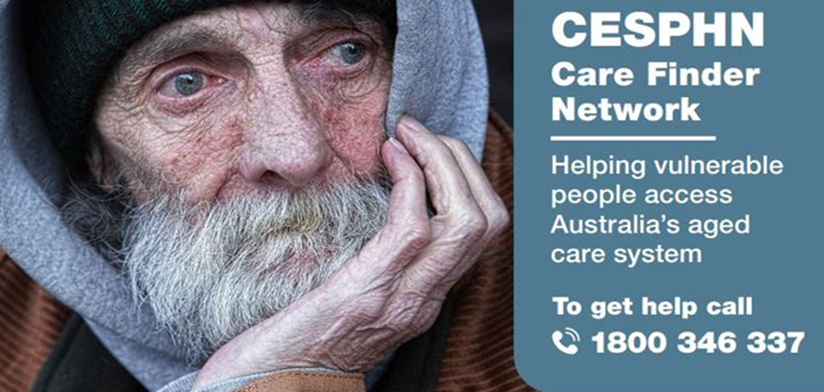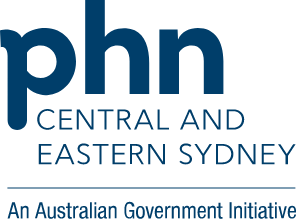Population Health
Early intervention speech pathology services for Aboriginal children
The Speech Pathology team was fortunate to partner with Gujaga Preschool, a local Aboriginal-run preschool in La Perouse, to complete a language and pre-literacy program. This has supported children transitioning to school next year by improving their vocabulary, attention and listening skills, and use of complex sentence forms. The groups were co-run with Gujaga staff, to support capacity building and promote in-language skills.
The La Perouse School Starters Group ran for two weeks in January 2024, assisting 22 Aboriginal children starting school. The program delivered over 100 occasions of service and aims to increase this service through collaboration with local kindergarten orientations to provide tailored transition options for families.
Through the Early Childhood Capacity Enhancement Program, educator confidence and use of key vocabulary, language, phonological awareness, print concepts and play techniques improved across all areas.
Central and Eastern Sydney PHN funds South Eastern Sydney LHD, who work in partnership with Sydney Children’s Hospital Network to deliver culturally appropriate services to Aboriginal children and their families and early childhood education and care services in targeted parts of the region. The model of care has been developed with input from the local community and the service employs an Aboriginal Health Worker to enhance cultural acceptability.

In 2023-24, the following services were provided:
Healthy Ageing Hubs
Throughout 2023-24, Central and Eastern Sydney PHN have established two Healthy Ageing Hubs in the Inner West and Sutherland Shire, designed to support older people to age well in their communities. The hubs are staffed by Healthy Ageing Officers who provide face-to-face practical support and assistance to older people on a range of issues, from healthy ageing advice to support and assistance navigating the health and social services and the aged care system.
Healthy Ageing Hubs also provide support to general practice, where GPs often lack the time and resources to address all the social and care support needs for older people. The initiative provides an important conduit between general practice and the additional primary health and social care needs of older people, helping ensure all aspects of an older person’s needs are met.
The hubs are working closely with local councils, hospital workers, and local community service providers to promote healthy ageing and target reduction in modifiable disease risk factors.
In the last year the Healthy Aging Hubs have provided individual support to over 1000 older people and delivered over 100 community education sessions, attended by more than 2,600 older people in the Sutherland and Inner West regions. These sessions cover a wide variety of health topics such as diet and exercise, navigating local health services, aged care support services, and end of life planning. Many of these talks are undertaken in collaboration with local councils, hospital workers and local community service providers. Central and Eastern Sydney PHN plans to continue to build on these successful partnerships to assist bridge the gap between primary health care providers and community services.
With an estimated 15.1% of the Central and Eastern Sydney population now aged 65 years and over the hubs are well-positioned to provide the information and navigation assistance required to enable older people in our region to maintain their health, independence for as long as possible


Care Finder
In 2023-24 Central and Eastern Sydney PHN’s Care Finder program provided support to over 1,700 vulnerable older people in the CESPHN region, helping them to interact and connect with My Aged Care and access aged care services and other supports in the community. In doing so, Care Finders have made over 2,600 referrals to other support services for clients requiring services such as housing, mental health, drug and alcohol and social support.
Central and Eastern Sydney PHN currently fund 24 Care Finders across the region through 10 contracted partner organisations. The Care Finder program is fully funded by the PHN and incurs no cost to consumers. Care Finders target people who have one or more reasons for requiring intensive support to interact with My Aged Care and other support services due to:
- communication and language or literacy barriers
- difficulty processing information due to cognitive decline
- reluctance to engage with aged care or government
- being in an unsafe situation if they do not receive services.
Finding and engaging with this target cohort of people can be challenging. Care Finders often have to take the time to connect with the person first to gain their trust before then assisting them to access the aged care and other services they need to improve their health and quality of life. Once services are arranged, Care Finders will follow up with clients on a regular basis to ensure services are still meeting their needs, and that they have not lapsed.
Care Finders take referrals from other health professionals, service providers and intermediaries, and members of the community, including people themselves, and have a thorough understanding of services available for people from different cultural backgrounds.

